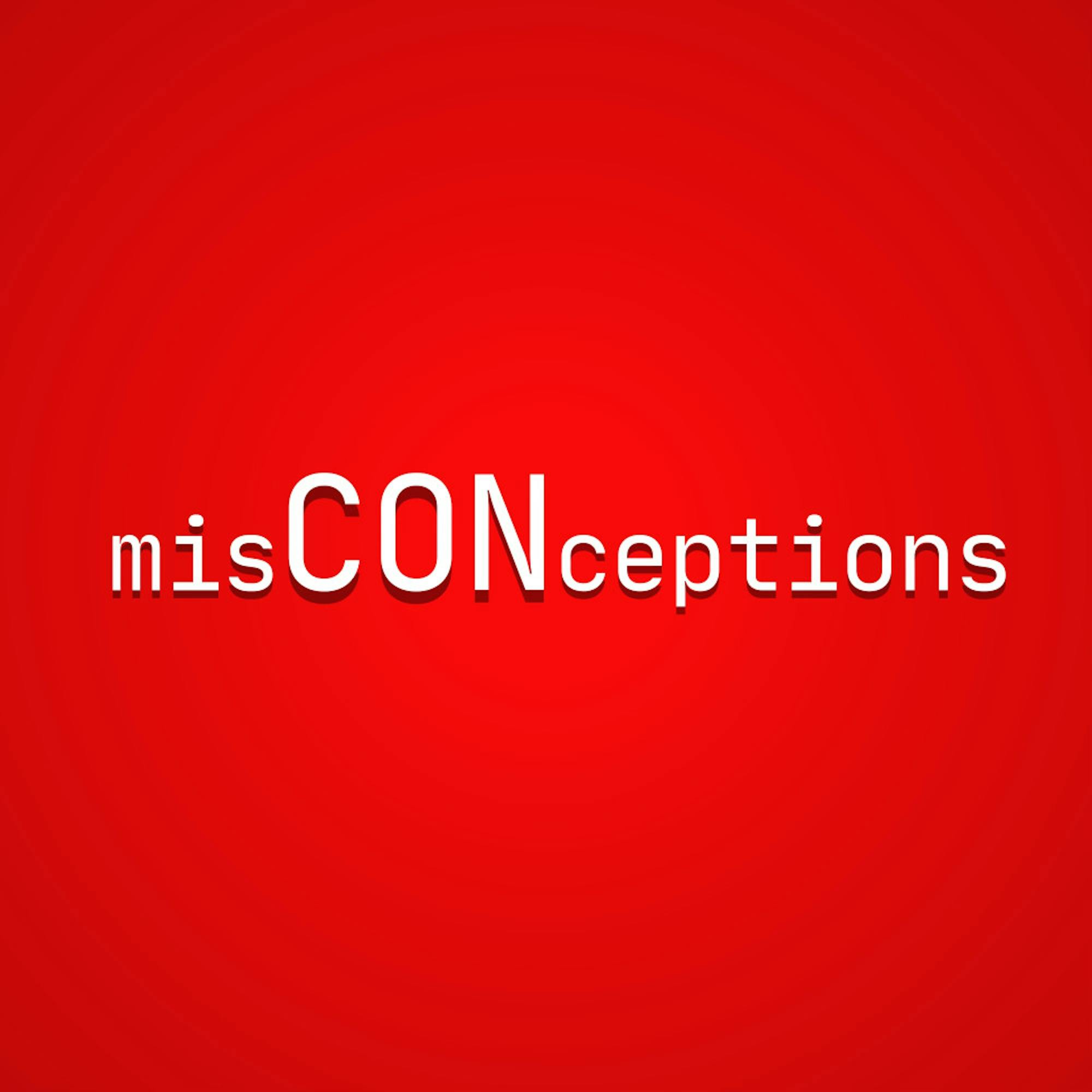Editor’s note: MisCONceptions is a column with four contributors. This article was written by Nicholas Rishi.
The majority of Americans believe that the federal government should play a major role in issues such as healthcare, the economy, the environment, infrastructure, national security and more, according to data from Pew Research Center. Yet, since 2005, Gallup polling finds that a majority of Americans have also believed that the federal government has too much power. These seemingly paradoxical statistics indicate that the majority of Americans feel they have unfulfilled governmental needs, while also fearing a strong federal government. As politics in the United States are becoming increasingly nationalized and polarized, many Americans are turning to the federal government for action while neglecting the importance of state and local politics.
In the past few decades, America has become increasingly polarized due in large part to a shift in attention away from local politics to national politics. Yet while Americans starkly disagree on the national level, party differences are much less prevalent on the local level. In a 2019 study, researchers from Stanford, Princeton and Dartmouth found that “the same voters who disagree about national issues have similar preferences about local development issues,” resulting in much more political unity.
Our system of governance was not designed for such an enormous emphasis on the federal government. This is largely because the founders feared the consolidation of power, but also because they believed in the effectiveness of state governments. The federal government was designed to be a last resort for governmental action. It was intended to tackle unique issues that could not be solved by a single state, such as national security and immigration, and to mediate disputes between states such as the regulation of interstate commerce. Following the ratification of the Reconstruction amendments, the federal government also took on the mantle of guaranteeing equal protection under the law and preventing discrimination. However, in modern American history, many citizens are turning to the federal government as the first stop for legislative solutions.
Governmental action is most effective when the policy legislators and implementers are intimately aware of the needs of the communities. This principle is demonstrated by the shortcomings of foreign aid. In many instances aid can do little good if not outright harm to the countries, in large part because the bureaucrats and legislators who allocate the funds fundamentally do not understand the nuances and needs of the local community. This same premise applies to government spending domestically, where disconnected federal bureaucrats too frequently decide the allocation of funds for communities instead of the local leaders themselves.
In local politics, Americans are much more unified in their view of government action. Local governments are more intimately aware of the immediate needs of their citizens and can act faster than the increasingly slow Congress. In national politics, a sense of resentment can exist among many citizens who feel like they are being told what to do by people who live a different lifestyle in a different state. However, in local politics, it is much easier to come to a rational compromise with someone who is quite literally your neighbor. A renewed emphasis on local politics would help depolarize America and bring back some much needed efficacy to our government.






